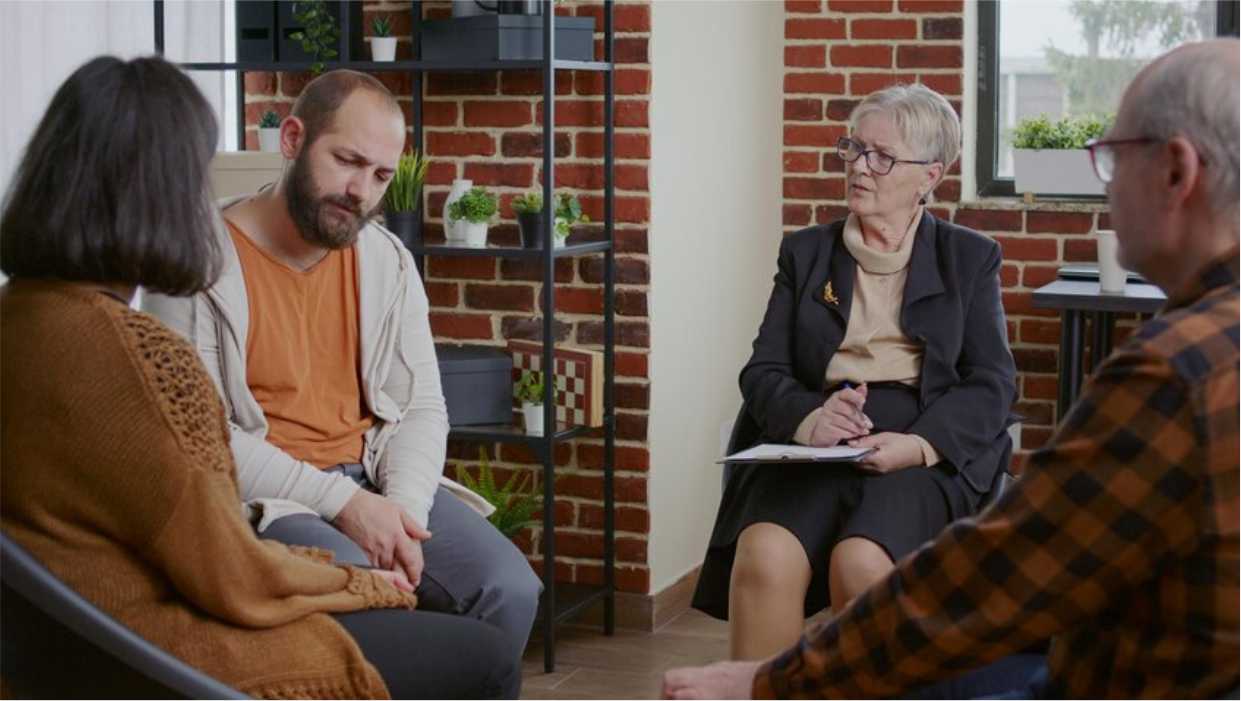Understanding Bereavement
Bereavement refers to the period of mourning and grief following the death of a loved one. It is a universal and deeply personal experience that can affect individuals emotionally, physically, and psychologically. The process of bereavement involves coming to terms with the loss and adjusting to life without the deceased. While bereavement is a natural response to loss, the intensity and duration of grief can vary greatly from person to person, often influenced by the relationship with the deceased, the circumstances of their death, and the individual's emotional support system.
Signs and Symptoms of Bereavement
Grieving the loss of a loved one can manifest in various ways. Common emotional, physical, and behavioral responses during bereavement include:
EMOTIONAL SYMPTOMS
- Sadness and tearfulness
- Anger, sometimes directed towards the deceased or others
- Guilt and self-reproach
- Anxiety and helplessness
- Relief, particularly after a prolonged or painful illness
- Numbness or emotional detachment
PHYSICAL SYMPTOMS
- Fatigue and exhaustion
- Changes in appetite and sleep patterns
- Physical sensations such as tightness in the chest or throat, oversensitivity to noise, or feeling short of breath
- Illnesses, as grief can weaken the immune system
BEHAVIORAL CHANGES
- Social withdrawal or isolation
- Neglecting personal hygiene or responsibilities
- Increased or decreased activity levels
- Seeking out reminders of the deceased or avoiding reminders altogether
Causes and Risk Factors for Complicated Grief
While most people navigate through grief and gradually begin to resume their normal lives, some may experience 'complicated grief,' a condition where feelings of loss are debilitating and don't improve even after time passes. Risk factors for complicated grief include:
- An unexpected or violent death
- The death of a child
- A highly dependent or ambivalent relationship with the deceased
- Previous losses or concurrent stressors
- Lack of a support network
- Pre-existing mental health conditions, such as depression
Treatment and Managing Bereavement
The healing process varies for each individual, but there are several ways to support someone going through bereavement:
- Professional Support: Counseling or grief therapy can help individuals process their emotions and learn coping mechanisms. This is particularly beneficial for those experiencing complicated grief.
- Support Groups: Joining a bereavement support group can offer comfort and understanding from those who have experienced similar losses.
- Self-Care: Engaging in physical activity, maintaining a balanced diet, and getting adequate sleep are crucial. Mindfulness and relaxation techniques can also alleviate stress.
- Memorializing the Deceased: Activities such as planting a tree, sharing stories, or other tributes can help honor the deceased and aid in healing.
- Allowing Time to Grieve: Recognizing that grief can't be rushed is important. It's essential to allow oneself to experience the range of emotions that come with bereavement.
Conclusion
Bereavement is a profoundly personal journey that differs for everyone. At Freesia Health, we provide compassionate care and support to individuals navigating the challenging waters of grief. Understanding and addressing the symptoms of bereavement can facilitate a healthier grieving process. If you or someone you know is struggling with grief, professional help is available and can provide the necessary support to move forward.



